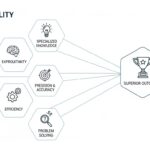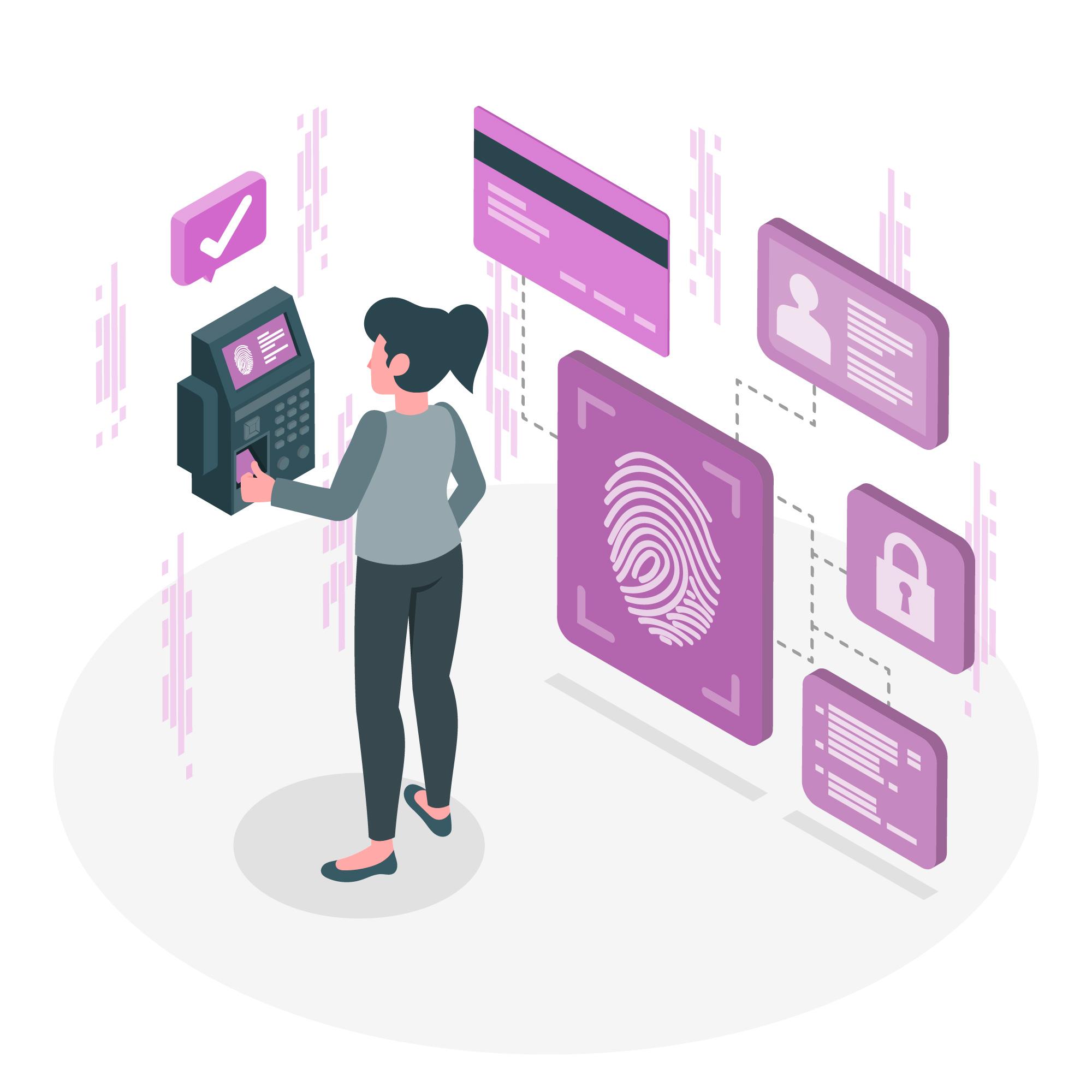The sales landscape, much like other industries, is experiencing change. Such changes are brought forth by changes in customer expectations and buying behavior, market volatility, emergent trends, economic uncertainty, and technologically driven changes. ‘The Future of Sales in 2025: A Gartner Trend Insight Report’ by Gartner shows that digital B2B sales interactions will increase to 80% by 2025.
In the same report, Gartner reveals another insight: 60% of B2B sales organizations will shift from experience and intuition-based selling to data-driven selling, info integrating their sales process, applications, data and analytics into a single operational practice. Consequently, sales training has emerged as a key factor in enabling teams to adapt quickly and drive performance in a competitive environment.
As we approach 2025, organizations must reconsider how they connect with their customers. Whether it’s a complete overhaul of strategies or minor adjustments to existing techniques, the key is to adapt. Research by leading brands has shown that a comprehensive transformation of strategies, processes, and resource allocation is not just necessary but crucial for survival in this evolving sales landscape.
This includes moving from analog to hyper-automation, transactional to consultative selling, product-centric to buyer-centric approaches, and prioritizing digital-first customer engagement. Professor Colleen McClure, Ph.D., and her colleagues from the UAB Collat School of Business highlight that AI technologies enhance every stage of the sales process, particularly in complex B2B sales. They underscore that the sales domain is on the cusp of a major transformation, with AI expected to complete many sales tasks by 2028.
This blog will discuss the transformation AI technologies have brought to the sales function and explore the intricacies of how AI will shape sales strategies for 2025 and beyond.
AI Sales – The What and The Why
Time is one of the significant factors in engaging new and existing customers and closing more deals. Sales professionals always crave more time to make more sales. However, we all have only 24 hours in a day, and assuming 8-9 hours of work, everything must be accomplished within that timeframe. If your reps do everything manually, from sending emails for outreach to cold calling, their plate is overflowing. That is where artificial intelligence (AI) can greatly help your sales reps, freeing up their time for more strategic tasks and relieving them of the burden of repetitive, time-consuming activities.
Sales teams are not early adopters of any technology. They do administrative work, forecasting, talking to clients, etc. You can consider AI in sales as a digital assistant, providing an extra hand to your sales reps to manage their repetitive and mundane tasks, ensuring a smooth and organized workflow. If the sales reps use AI, these tasks can be handled quickly and more efficiently, but yes, with human guidance.
However, sales teams in many organizations have started using AI. For instance, Microsoft and Salesforce have rolled out sales-focused versions of this powerful tool. Furthermore, it saves sales professionals significant time, creating a win-win for everyone. According to HubSpot research, here are a few tasks that sales reps automate with AI.
- 40% for prospect outreach.
- 34% for data analysis.
- 30% automating manual processes.
In addition to the tasks mentioned above, these tools automate various aspects of the complete sales process, thus leaving more time for reps to do revenue-generating tasks. The statistics below highlight the benefits of AI in sales.
- Sales reps save 15 minutes to 2 hours daily using AI or automation tools.
- 70% of sales professionals using AI tools experience a high customer response rate.
- 73% of sales reps say AI and automation in cold calling significantly improve conversation quality.
- 90% of sellers in Asia-Pacific achieved a 150% higher quota using sales tech once a week, compared to just 79% of other sellers.
These statistics affirm that using AI can give your organization a competitive edge regardless of the industry or how you have structured your sales team within your organization. So now that we have covered the basics of AI, the next section will discuss how AI and other disruptive technologies are reshaping sales strategies in 2025 and beyond.
AI and the Future of Sales: Strategic Shifts for 2025
As technology continues to disrupt the sales department in your organization, trends such as voice integration, subscription-based models, human-centric skills, personalized training programs, and continuous, lifelong learning will take center stage.
Companies like Infopro Learning offer innovative solutions to navigate the evolving sales landscape, including the REAL sales model, consultative selling, and comprehensive sales training. Listed below are a few trends and predictions for sales in 2025:
Omnichannel Interaction
Customers’ desire to have everything at their fingertips and convenience drives a need for seamless omnichannel interactions to keep them hooked. This can be done by creating multiple checkpoints online, offline or via social media. Organizations that offer multiple channels of integration will be able to meet the expectations of their head-on. And AI software or a tool personalized to your customer’s requirements will be your savior.
Data for Insights
Data is crucial to gauge the current sales status and plan future strategies. Leveraging advanced AI analytics tools and software gives businesses detailed insights into what works for them and what does not. Thus, it empowers sales teams to make informed decisions, identify potential opportunities, and optimize sales. For instance, AI intelligence tools, such as Dialpad AI Sales Center, can tell you how often your competitors are coming up on sales calls. It has many features, such as live coaching, automatic call logging and more.
AI and advanced CRM Adoption
Treating new or existing customers as VIPs is vital to acquiring new customers or building long-term relationships. A customer relationship management (CRM) system is your buddy to streamline sales processes, enhance customer interactions and drive revenue growth. Using AI and CRM systems such as Freshsales, sales reps enable sales teams to gain deeper insights into customer interaction and data, empowering them to deliver personalized experiences for each client. Furthermore, AI can tailor communication and product recommendations, improving lead scoring, deal closing, and boosting customer satisfaction and loyalty.
Routine Tasks Automation with AI
We have already discussed sales teams automating routine and manual tasks using AI, such as data entry, follow-ups, etc., which saves valuable time. With these saved hours in hand, sales professionals can build meaningful relationships with new and existing customers by delivering a more personalized and engaging sales experience.
Digital Skills and Tech Training
Training your sales reps in advanced technology will be critical for organizations in the long run. Your sales teams can sell effectively along digital channels and dynamically adapt to these changes in the buying environment. For instance, many AI tools let sales trainers set goals, track activity levels for every rep, and identify areas for sales reps’ training and coaching.












